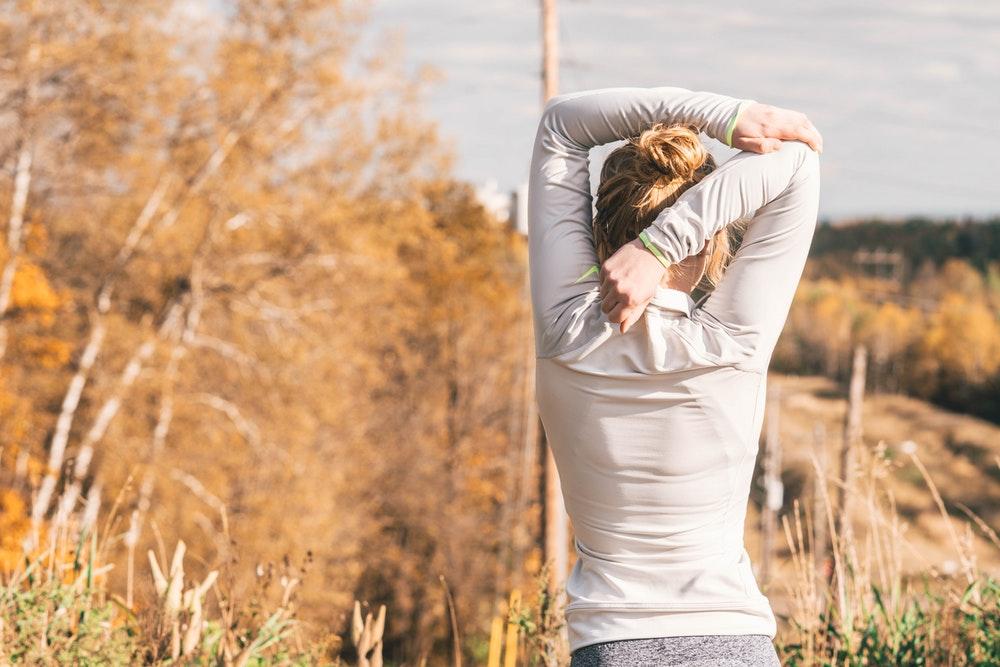
Photo courtesy of Unsplash.
If you’re going through addiction recovery, exercising can be a good coping mechanism in that it reduces stress and helps build self-confidence. According to the New York Times, “Statistically, people who exercise are much less likely than inactive people to abuse drugs or alcohol.” Here’s why you should implement physical fitness into your everyday routine and how to reap the benefits of a healthy lifestyle.
Before you start working out, assess your fitness level, time constraints, and any additional health concerns. It’s important that you start out slowly and mix it up so you don’t get bored. Scheduling exercise and preparing your clothes ahead of time will help you stick with it. Make it fun by hiking, walking with a pet, swimming, rock climbing, canoeing, biking, doing yard work, or even window shopping.
Use it as an opportunity to enjoy the scenery or listen to your favorite music, book, or podcast. Instead of looking at it as a chore, think about it as a way to love and better yourself. Remember to be forgiving and set reasonable expectations. A mere 30 minutes a day can make a bigger difference than you think. Abandon the thought that you need to be super athletic to work out properly. As long as you get your heart rate up and stay hydrated, you’re making much-needed improvements to your body and overall health.
Find a place to work out in that makes you feel comfortable. If that’s not the gym, try working out at home with exercise videos or equipment. Either way, you should build a support group around you to hold yourself accountable and help motivate you through the ups and downs. Get a workout buddy, enroll in a class, or join a sports team.
Set goals to help you get in a routine, channel your competitive side, and keep a positive mindset. Doing so will also give you a sense of accomplishment that you can apply to your sobriety.
It’s normal to feel depressed, alienated, and overwhelmed in the process of becoming sober as it’s a big lifestyle change. You’ll need time to heal and move forward. The Goal Setting Guide points out that “Exercise releases feel-good chemicals in the brain like dopamine and endorphins, and it helps to regulate stress hormones like cortisol and adrenaline.” So if you’re feeling stressed out or anxious, blow off some steam and distract yourself the healthy way via a workout. There is merit to be found in a runner’s high, as research shows that it stimulates reward centers in the brain, keeping more harmful cravings at bay and thus preventing a possible relapse.
Exercising can bring some much needed focus into your life and allow you to feel good about your body. Additionally, exercises like yoga and meditation not only work the body, but the mind and soul as well. Incorporating them within your workouts can increase your willpower, inner strength, and self-awareness. Consider practicing them to seek growth and a better understanding of yourself as well as your triggers. Physical health almost always leads to mental health because it gives you the energy needed to take on new challenges and overcome obstacles such as your addiction.
[azon_inpost asin=”1455559628″ tpl=”tpl_3″]Between Breaths: A Memoir of Panic and Addiction[/azon_inpost]
Exercise and Addiction Related Items For Sale
[phpbay]exercise addiction, 10, “”, “”[/phpbay]